Air New Zealand targets 2030 for emissions-free flying
Air New Zealand is planning to be the first airline in the Asia-Pacific to operate hydrogen-powered aircraft made by Airbus, in an effort to be carbon zero by 2050.
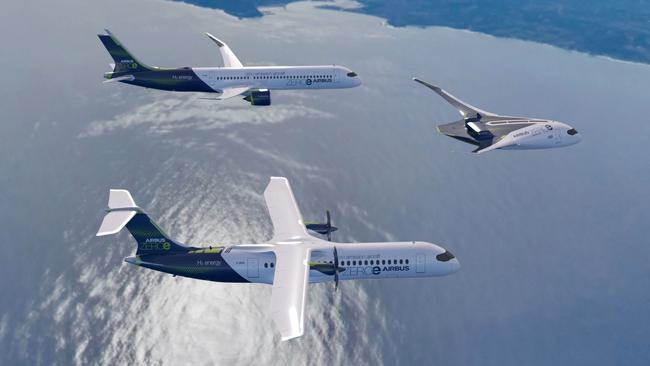
Air New Zealand is planning to be the first airline in the Asia-Pacific to operate hydrogen-powered aircraft made by Airbus, in an effort to be carbon zero by 2050.
Airline chief Greg Foran said it was something the company not only wanted to do but had to do, to meet the expectations of customers seeking more environmentally friendly travel.
In the first instance, Mr Foran said carbon-neutral flights on hydrogen-electric or purely electric aircraft were likely to cost more, but in time prices would fall.
“It’s a bit too early for us to tell at this stage what the costs are going to be like, but we know that this is where the market is going and it’s where we need to be,” Mr Foran said.
“You could expect that by 2030 you’re going to see a reasonable amount of this occurring in the industry.”
The emissions-free aircraft would probably be put to work on domestic routes, currently operated by ATRs and Q300s.
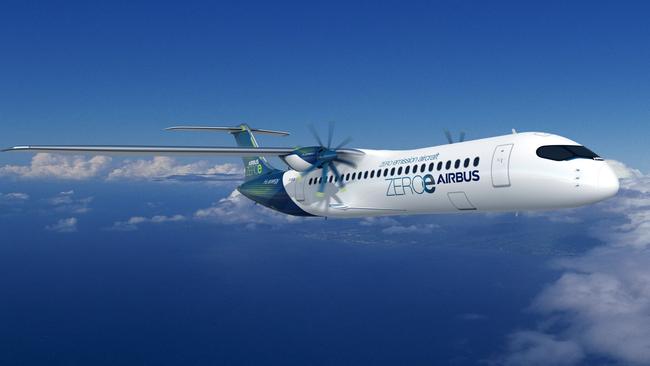
Mr Foran said the technology was not yet suited to long-haul international flights, with sustainable aviation fuels a better option for those.
“We’re seeing increasing interest from customers to reduce their carbon footprint and they will expect us to do this, and we expect to do it,” he said. “That’s why we want to get under way.”
Airbus Asia-Pacific president Anand Stanley said New Zealand was an ideal market for the hydrogen-powered aircraft given 80 per cent of the country’s energy sources were renewable.
He said that commitment to sustainability was essential to the success of such a significant transition in the aviation industry.
“Bringing such an aircraft into a system needs an entire ecosystem to work with,” Mr Stanley said.
“It’s not just the airline – we need to work with government, with regulators, with the hydrogen production supply chain. We need to work with infrastructure and logistics so that’s the entire challenge – to get the entire ecosystem on board and committed to this challenge.”
Although Airbus had worked on sustainable aviation technologies for 20 years, Mr Stanley said progress had accelerated in the last year, partly out of necessity as the industry strived to become greener.
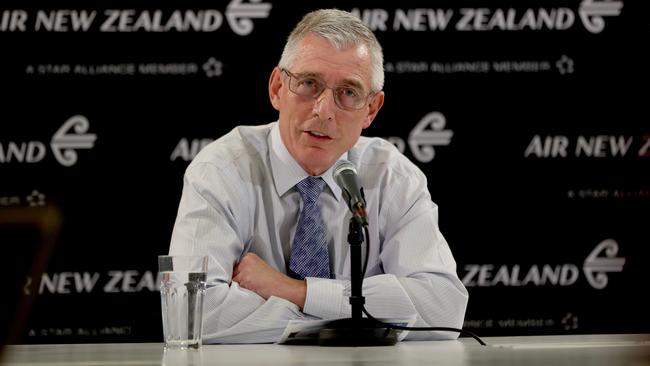
To that end, he said hydrogen was proving particularly appealing because of its “very high energy density, lack of weight and lack of emissions produced when combusted”.
“Now it’s just a matter of getting the ecosystem on board and bringing things to scale,” Mr Stanley said.
While the entry of hydrogen powered aircraft to the skies could be 10-15 years away, he said the switch to sustainable aviation fuels was likely to occur within the next decade.
Numerous airlines have trialled alternative fuels, including Qantas, Virgin Australia and Air New Zealand, and Mr Foran said that was the key to solving the issue of emissions on long-haul flights.
In the interim, Mr Foran believed travellers would opt for the most fuel-efficient aircraft on point-to-point routes such as Auckland-New York, where emissions could be minimised.



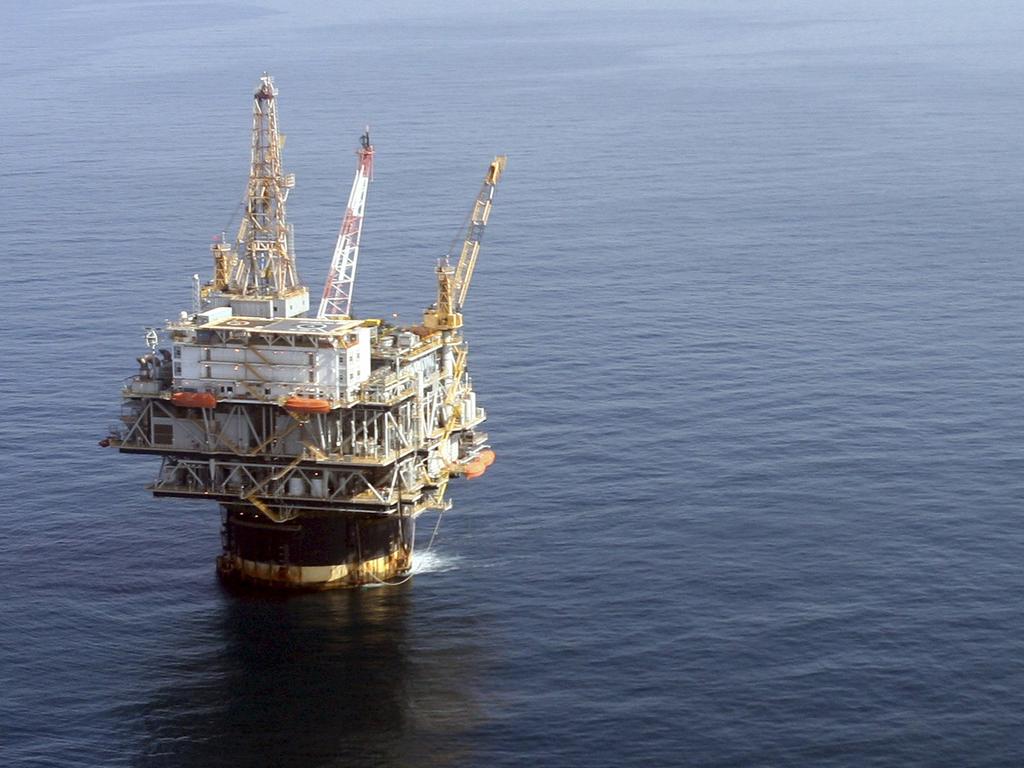

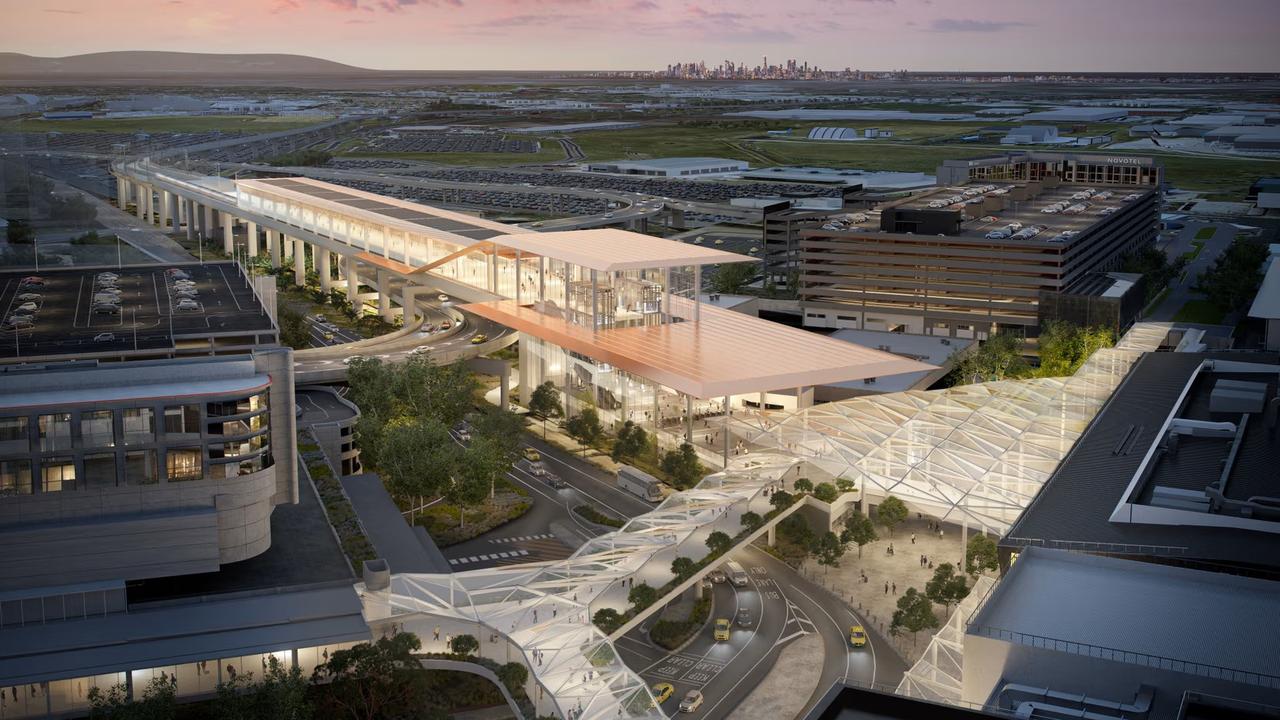

To join the conversation, please log in. Don't have an account? Register
Join the conversation, you are commenting as Logout